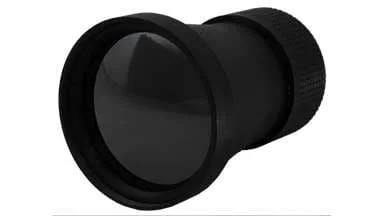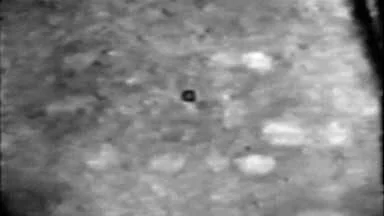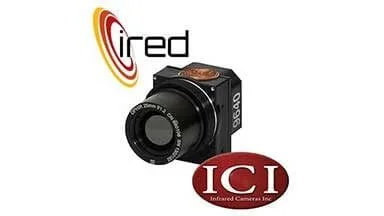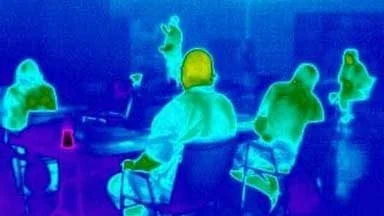Clutter is counter-productive
Your hospital needs to be a well-oiled machine. Now is the time to take a look and get rid of what isn’t working. Donate old electronics and computers. Shred old documents and papers, box up what you need to save for the accountants, and get rid of the rest. Evaluate your new-found space – is there room to create some warmth? You don’t need to invest in a major whole-hospital paint job – think about updating with a new accent wall color or adding some potted plants. To encourage ‘greening’, provide recycle bins for staff and visitors.
Examine your workflow
As you physically de-clutter, take the time to evaluate your hospital’s pulse. Is your practice workflow making sense? Do your clients have streamlined service from the time they enter the front door until they check-out, or is your practice a mess of anxiety, noise and confusion? Is your animal health message clear and concise? Take the time to sit where your clients sit, look at their view, and determine if there is a need for change.
Turn your eye towards learning something new
The winter veterinary conference season is winding down and you may have come home from VMX or WVC with a bunch of big ideas. In spring, continue your momentum, and laser-tune your focus into one particular area of interest for this year. Thinking about providing better pain management? Search for in-depth CE on non-pharma options for pain control. Make a promise to teach your veterinary technicians how to perform local and regional nerve blocks.
Spring is a chance to eye the future
Today’s pet owner expects the latest and greatest health technology to be available for their pets. Now is the time to take stock in your equipment. Be sure that you have upgraded your software and that all your diagnostic tools are working properly, so you have the best patient health information.
Have you considered adding a new diagnostic tool to your practice? Your in-house laboratory can provide fast and accurate hematology and blood chemistry results, potentially saving a patient’s life. The newer urine SediVUE® machine utilizes artificial intelligence and high-tech digital microscopy to analyze urine, giving you consistent and detailed results, far superior to traditional urinalysis. Digital thermal imaging can be a veterinarian’s best friend. Thermography uses a high-resolution infrared camera to provide exceptional visual detail. This detail can help diagnose inflammation, or lack of circulation, at its exact location in the animal’s body. Thermal imaging can enhance your exams, enable appropriate diagnostics, and involve your clients in all your recommendations.






